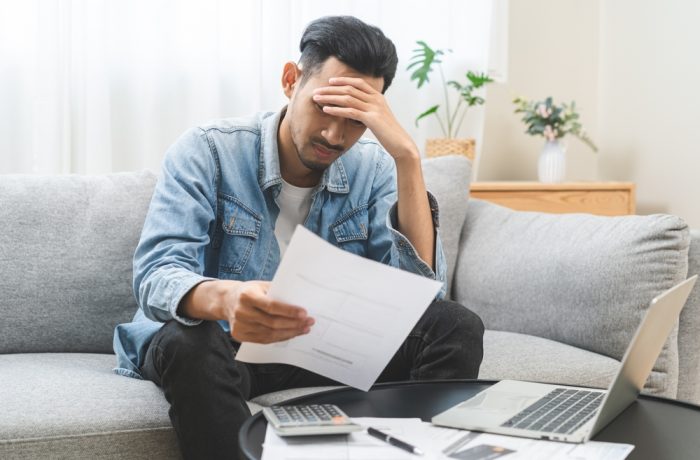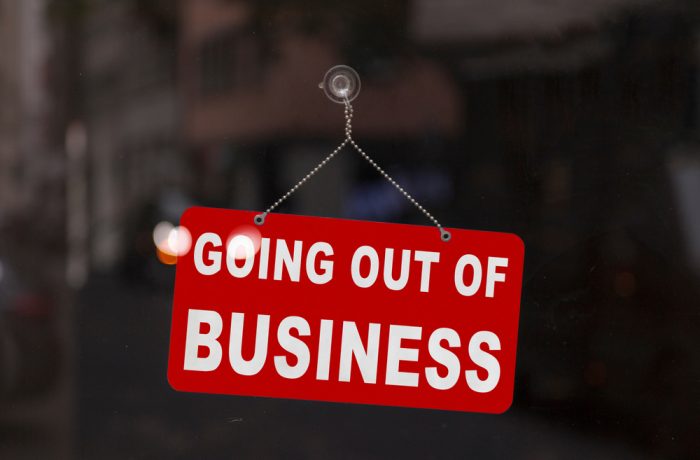America is a nation of consumers. A highly paid army of persuaders surrounds us with thousands of seductive messages each day that say “buy buy buy.” Plus, credit makes living beyond our means easy and resisting the siren sounds of the advertisers difficult. However, we are also told that if we fail to pay for it all, right on time, we are miserable deadbeats. In short, much of the American economic life is built on a contradiction.
Adding to this contradiction is the system of high-interest rates and penalties that are imposed by most credit card companies that cause our debt to soar. In many cases, the interest rates are so high that the companies involved have been prosecuted for loan sharking in the not-too-distant past – before the credit card industry systematically lobbied to do away with usury laws or to create exceptions to those laws for credit card interest rates.
Credit card companies keep this system working by encouraging us to make the minimum payment, which motivates us to make even more credit card purchases and as a result, we get entangled web of debt load far beyond our ability to ever pay them off. We now all owe our souls to the company store. We should not feel guilty about being caught in this deliberately contrived economic trap. It’s nonsense. There is much more to life than an A+ credit rating and paying your bills, especially those owed to the credit card companies.
Unfortunately, it is known that debts can get the better of even the most conscientious among us. From biblical times to the present, sane societies have discouraged debtors from falling on their swords and have provided sensible ways for debt-oppressed people to start new economic lives. In the United States, this is via bankruptcy. Even the Bible talks about the releasing of debts in Deuteronomy Chapter 15:5.
Understanding Bankruptcy
Bankruptcy can be your personal bailout from mounting debts. You can also delay or avoid the foreclosure of your home by seeking bankruptcy protection. Here are some ways that filing for bankruptcy can help you.
How Chapter 13 Bankruptcy Can Help
Many people will do whatever they can to stay in their homes for the indefinite future. If that’s you, and you’re behind on your mortgage payments with no feasible way to get current, the only way to keep your home is to file a Chapter 13 bankruptcy. Chapter 13 bankruptcy lets you pay off the “arrearage” (late, unpaid payments) over the length of a repayment plan you propose—five years in some cases. But you’ll need enough income to at least meet your current mortgage payment at the same time you’re paying off the arrearage. Assuming you make all the required payments up to the end of the repayment plan, you’ll avoid foreclosure and keep your home.
With 2nd and 3rd mortgage payments, Chapter 13 may also help you eliminate the payments on your second or third mortgage. That’s because, if your first mortgage is secured by the entire value of your home (which is possible if the home has dropped in value), you may no longer have any equity with which to secure the later mortgages. That allows the Chapter 13 court to “strip off” the 2nd and 3rd mortgages and re-categorize them as unsecured debt —which, under Chapter 13, takes last priority and often does not have to be paid back at all.
How Chapter 7 Bankruptcy Can Help
It may be that you’ll have to give up your home no matter what. In that case, filing for Chapter 7 bankruptcy will at least stall the sale and give you two or three more months to work things out with your lender. It will also help you save up some money during the process and cancel debt secured by your home.
During a Chapter 7 bankruptcy, you can live in your home for free during at least some of the months while your bankruptcy is pending—and perhaps several more after your case is closed. You can then use that money to help secure new shelter.
In regards to canceling debts, Chapter 7 bankruptcy will also cancel all the debt that is secured by your home, including the mortgage, as well as any second mortgages and home equity loans. Thanks to a new law, you no longer face tax liability for losses your mortgage or home-improvement lender incurs as a result of your default, whether you file for bankruptcy or not. This new law applied to the 2007 tax year and the following two years. That’s where Chapter 7 bankruptcy helps. It will exempt you from tax liability on losses the lender incurs if you default on these other loans.
Bankruptcy & Self-Respect
Until very recently, filing bankruptcy was a dignified way to achieve a fresh start in a world filled with economic uncertainty. The law presumed that bankruptcy filers were honest citizens seeking to get rid of their debt and start over, sadder but wiser. Unfortunately thanks to provisions written primarily by the credit card industry, the new bankruptcy law turns this presumption on its head and views each debtor as a potential bankruptcy cheat.
While this change in attitude would not prevent you from achieving a bankruptcy discharge in most cases because you like most other filers are honest, it does have the potential to make you feel bad about yourself. Please don’t fall into this trap. Bankruptcy is a truly worthy part of our legal system, based as it is on forgiveness rather than retribution. Indeed, it gives people a fresh start in our increasingly volatile economy helps keep families together, reduces suicide rates, and keeps the ranks of the homeless from growing even larger. So, don’t let the word bankruptcy get you down. It’s an opportunity for a fresh start. Take it and save your financial future today.






Some people avoid filing bankruptcy because they feel they are being judged and view filing as something “bad”. But how do you keep your self-respect when you are afraid to answer your telephone, tell your children to lie to the bill collectors and say you’re not home, and rip up notices that come in the mail to remind you of overdue bills?